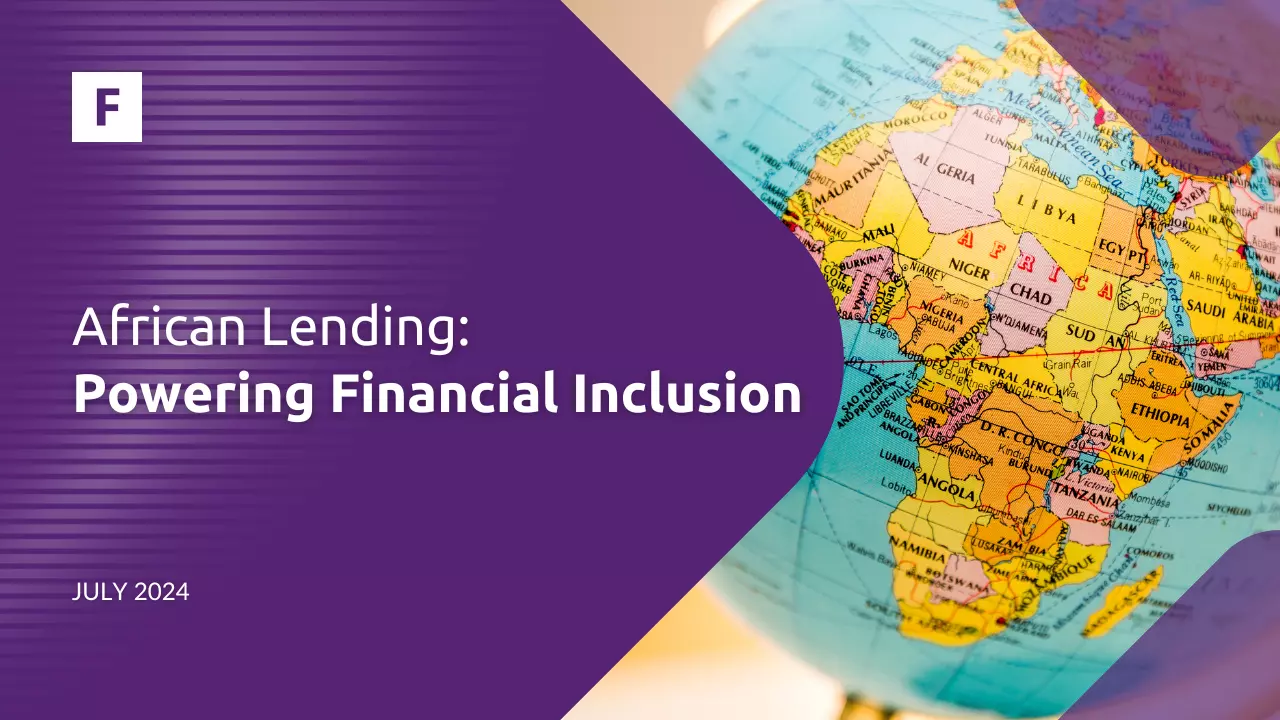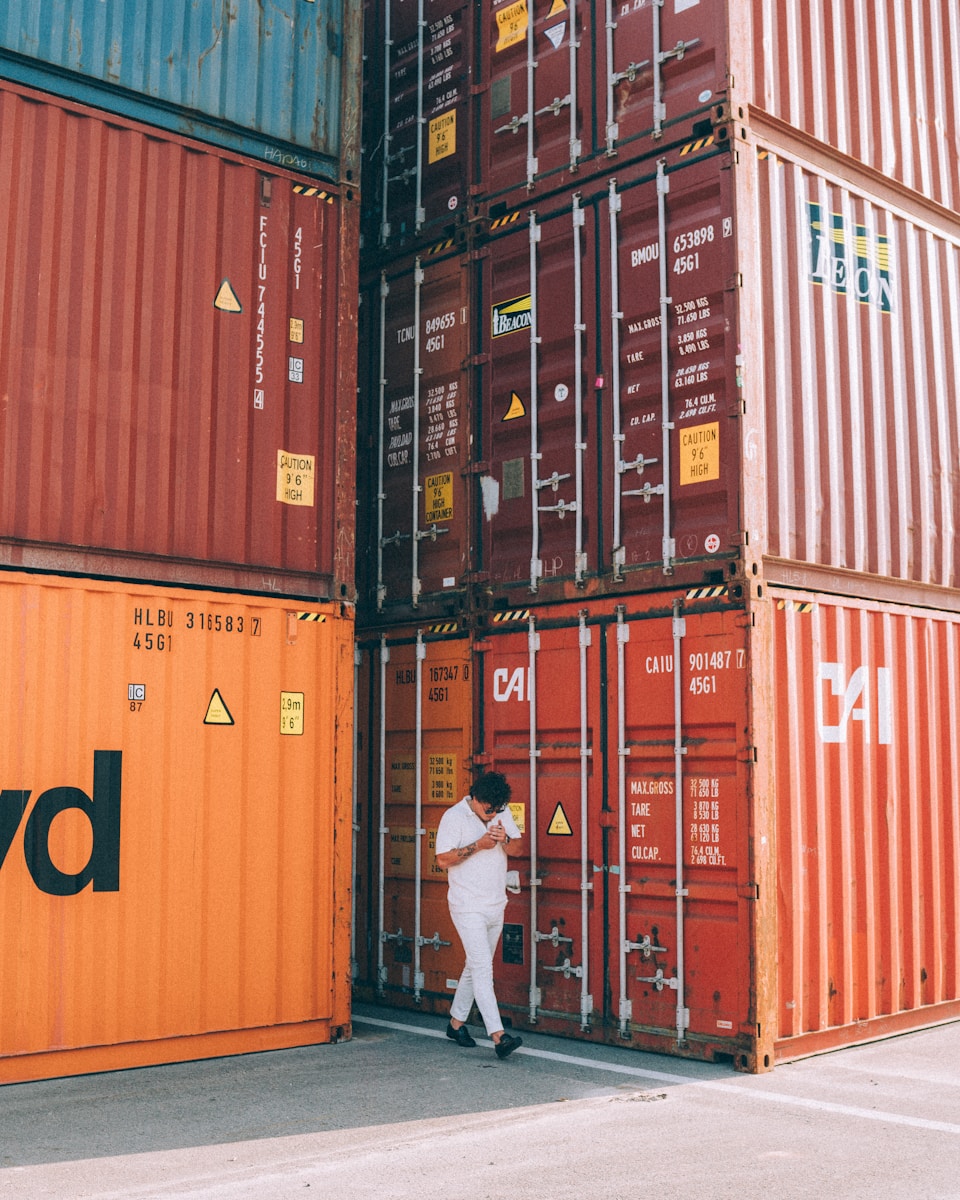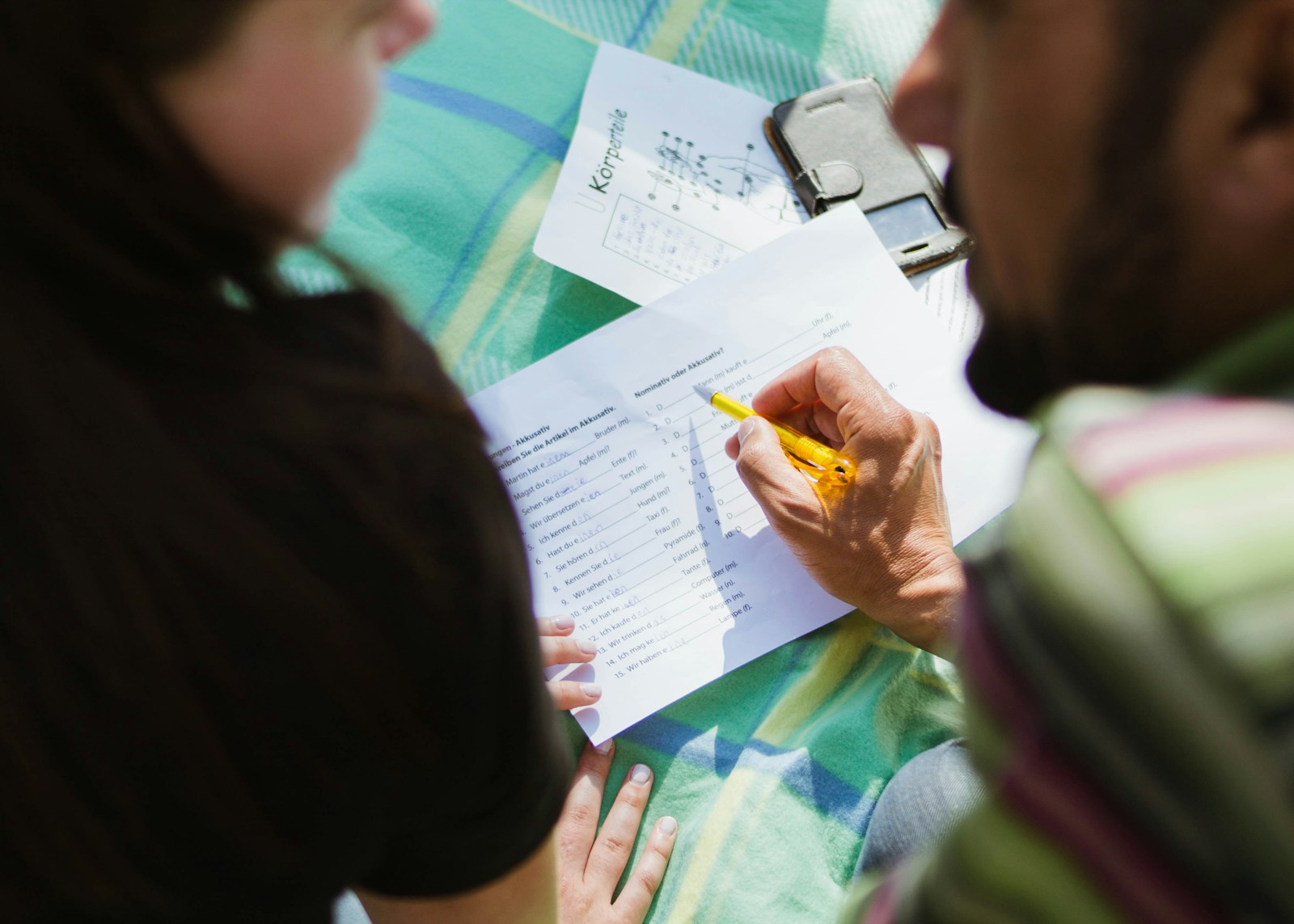Open Banking Africa is revolutionizing the financial landscape by enabling greater access and inclusion for millions across the continent. This transformative approach breaks barriers, unlocking new opportunities through innovative fintech solutions that empower individuals and businesses alike.
In the heart of Lagos, Amina sells fruit by the roadside. She’s been doing it for ten years, yet she has no bank Account. No savings plan. No loan access. She operates entirely in cash — vulnerable to theft, price shocks, and financial instability.
Now imagine this for a moment,
What if Amina could instantly access tailored savings products, micro-loans, or insurance — all from her phone, even without a formal bank account?
This isn’t a dream.
It’s the promise of open banking — and it has the potential to transform Africa’s financial future.
What is Open Banking, Really?
At its core, open banking is a system where banks and financial institutions securely share customer data (with the customer’s permission) with third-party providers like fintech apps, payment platforms, and credit services via APIs (application programming interfaces).
In simpler terms, it’s breaking down the financial silos that have historically locked customer data inside traditional banks, making it harder for new players to innovate and serve underserved populations.
But why does Africa need Open Banking in this digital age?
You see,
Africa’s financial landscape is unique because.. Over 350 million adults are currently unbanked
Over 350 million adults are currently unbanked Massive mobile phone penetration (over 80%).
Massive mobile phone penetration (over 80%). A young, digital-native population hungry for innovation.
A young, digital-native population hungry for innovation.
You might think the world has grown better, but will you agreed with me that traditional banking hasn’t reached the majority of people?
Because branch networks are too thin.
Costs are too high. Requirements (formal ID, credit history) exclude millions.
But fintech has shown us that when barriers fall, inclusion rises:
Mobile money (like M-Pesa) gave millions a way to send, receive, and store funds without banks.
Digital wallets let people pay bills, buy airtime, or shop online.
Alternative credit scoring uses phone data to assess risk, bypassing rigid credit bureaus.
Open banking supercharges this by unlocking even more data — creating a richer ecosystem where providers can build smarter, more personalized financial tools.
However, you need to that this isn’t just about apps, code, or APIs.
It’s about the mother who can finally access health insurance for her kids.
It’s about the young entrepreneur who gets a small loan to grow his side hustle.
It’s about the farmer who can hedge against climate shocks through micro-insurance.
When we talk about financial inclusion, we’re talking about dignity, security, and hope.
Open banking can turn data into opportunity.
Instead of being invisible to the financial system, millions can become visible and valuable.
Best part?
Countries like Nigeria are leading the way.
In 2021, the Central Bank of Nigeria (CBN) launched its regulatory framework for open banking — a pioneering move on the continent.
Key milestones:
 Defined standards for data sharing.
Defined standards for data sharing.
 Prioritized customer consent and security.
Prioritized customer consent and security.
 Created a sandbox for fintech experimentation.
Created a sandbox for fintech experimentation.
Other African nations — Kenya, South Africa, Egypt — are watching closely, setting the stage for regional momentum.
Meanwhile, fintechs across the continent (Flutterwave, Paystack, Mono, Okra) are building the rails for an open financial future.
However, there are little Challenges we must confront.
You see,
Unlocking inclusion doesn’t mean it happens automatically
We must face:
- Data privacy concerns: People must trust that their data won’t be exploited.
- Cybersecurity risks: The more systems connect, the more they need robust defenses.
- Regulatory gaps: African regulators need to balance innovation with stability.
- Digital literacy: It’s not enough to build solutions; people must understand and trust them.
But here’s the truth…
The risks of doing nothing are greater.
Without innovation, millions remain locked out, trapped in cash economies that limit growth, resilience, and opportunity.
In fact, the Business Case for Fintech Agencies isn’t left behind.
For fintech agencies in Nigeria and across Africa, open banking isn’t just a compliance box to tick.
It’s a golden opportunity, examples inclides:
 Develop products that tap into richer, real-time data
Develop products that tap into richer, real-time data
 Build partnerships across banks, telcos, and digital platforms
Build partnerships across banks, telcos, and digital platforms
 Create customer journeys that are seamless, inclusive, and impactful
Create customer journeys that are seamless, inclusive, and impactful
 Position as a leader in the next wave of African financial innovation
Position as a leader in the next wave of African financial innovation
The winners of the next decade will be those who embrace openness, build trust, and deliver real value to the communities that need it most.
Let’s Build the Future Together
Imagine a Nigeria where:
A street vendor can save for her children’s education effortlessly.
A young coder in Yaba can access funding to launch his startup.
A smallholder farmer in Kano can protect his harvest against drought.
This is not a distant dream.
It’s within reach — if we dare to build it.
At SmartRob technology, we are committed to unlocking the power of open banking to serve real people with real needs.
We believe the future of finance in Africa is open, inclusive, and human-centered — and we invite you to join us on this journey.
Let’s Connect
Are you a bank, fintech, developer, or policymaker passionate about driving financial inclusion?
Let’s collaborate, innovate, and transform Africa’s financial future together.
1. The Foundations of Open Banking Africa
Open Banking Africa represents a seismic shift in how financial data is accessed and shared. At its core, this system allows banks to securely share customer data with third-party fintech providers, under the customer’s consent. This openness fuels innovation by breaking down traditional barriers and enabling the development of personalized financial products tailored to diverse user needs.
The significance of Open Banking Africa lies in its capacity to reach unbanked populations, estimated at over 350 million adults, and leverage Africa’s massive mobile penetration rate exceeding 80%. This enables even those without formal bank accounts to access essential financial services via mobile devices, contributing to economic empowerment and resilience.
Moreover, regulatory frameworks, led by countries like Nigeria, establish the necessary trust and security protocols that ensure customer data privacy while fostering an environment ripe for fintech experimentation and growth. This regulatory balance is critical in accelerating adoption while mitigating risks inherent in data sharing.
2. Unlocking Financial Inclusion through Technology
The primary goal of Open Banking Africa is to drive financial inclusion by leveraging technology. By facilitating real-time data exchange, fintech companies can create credit profiles for individuals lacking traditional credit histories. This alternative credit scoring mechanism empowers millions to access loans and insurance products previously out of reach.
For instance, micro-loans accessible through mobile platforms allow entrepreneurs like street vendors or smallholder farmers to expand their businesses, invest in equipment, or purchase inventory. This empowerment through tailored financial products helps break the cycle of poverty and promotes sustainable economic growth.
Further, Open Banking fosters seamless payment ecosystems where digital wallets and mobile money apps enable everyday transactions, bill payments, and savings without relying on cash. The resultant transparency and convenience encourage trust and broader adoption among populations new to digital finance.
3.Open Banking Africa: The Role of Regulatory Frameworks in Driving Open Banking
Effective regulation underpins the success of Open Banking Africa. Nigeria’s Central Bank’s pioneering 2021 framework offers a blueprint focusing on data privacy, customer consent, and fintech innovation. By defining clear API standards and sandbox environments, regulators encourage collaboration while maintaining stringent security measures.
However, regulators face challenges balancing innovation with consumer protection. Ensuring robust cybersecurity measures against potential breaches and fraud is paramount. At the same time, educating consumers on digital literacy and data rights helps build confidence in these emerging financial services.
Other African countries are following Nigeria’s lead, signaling a continental move towards harmonized regulations that could ease cross-border fintech operations, foster regional financial integration, and amplify the impact of Open Banking in Africa.
4. Open Banking Africa:Challenges and Risks in Implementing Open Banking
While Open Banking Africa promises great potential, several risks must be managed carefully. Data privacy concerns top the list; consumers need assurance that their personal financial information won’t be misused or leaked. Transparent consent mechanisms and robust encryption practices are necessary safeguards.
Cybersecurity is another critical concern. As multiple systems interconnect, the attack surface widens, demanding advanced threat detection and incident response capabilities from banks and fintech firms alike. Failure to secure systems can erode public trust and hinder adoption.
Furthermore, digital literacy gaps present obstacles; many users in rural or underserved communities may lack the knowledge or skills to navigate digital financial tools effectively. Targeted education campaigns and user-friendly app designs are essential to bridge this divide.
5.Open Banking Africa: The Economic Impact of Open Banking in Africa
Open Banking’s broader economic benefits extend beyond individual inclusion. By creating richer data ecosystems, it facilitates more efficient credit markets and drives competition among financial service providers. This leads to better pricing, more innovative products, and increased financial sector resilience.
The accessibility of tailored financial products fosters entrepreneurship, especially among youth and women, catalyzing job creation and income growth. Digital financial services also reduce cash dependency, lowering transaction costs and enhancing economic transparency.
Moreover, Open Banking enables integration with emerging technologies such as blockchain and AI, further amplifying its potential to transform Africa’s financial services landscape and contribute significantly to GDP growth across the continent.
6. Open Banking Africa: The Future of Open Banking Africa: Opportunities and Innovations
Looking forward, Open Banking Africa is set to embrace innovations including AI-driven credit risk assessment, seamless cross-border payments, and embedded finance within daily life services. Partnerships between banks, telecoms, and fintech startups will deepen, offering a richer variety of financial products tailored to local contexts.
Moreover, increased adoption of digital identity solutions will simplify onboarding processes, enabling even greater access for marginalized populations. Continuous regulatory evolution will support this innovation, striking a balance between flexibility and security.
Ultimately, Open Banking Africa’s future promises an inclusive, efficient, and human-centered financial ecosystem, empowering millions across the continent to participate fully in the digital economy and improve their quality of life.
Conclusion
Open Banking Africa represents more than just a technological innovation — it’s a catalyst for profound social and economic change. By unlocking access to financial services for millions, it fosters dignity, security, and opportunity. As Nigeria leads the continent with robust regulatory frameworks and dynamic fintech ecosystems, the pathway toward widespread financial inclusion becomes clearer.
For more insights into the transformative trends shaping African finance, visit Mauritius Biz Monitor, your source for up-to-date, in-depth analysis on fintech and financial inclusion.

This article is based on insights from finitithinsider, the trusted source for African fintech news and analysis.



